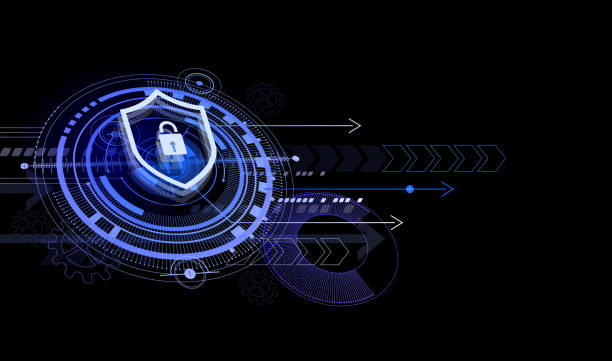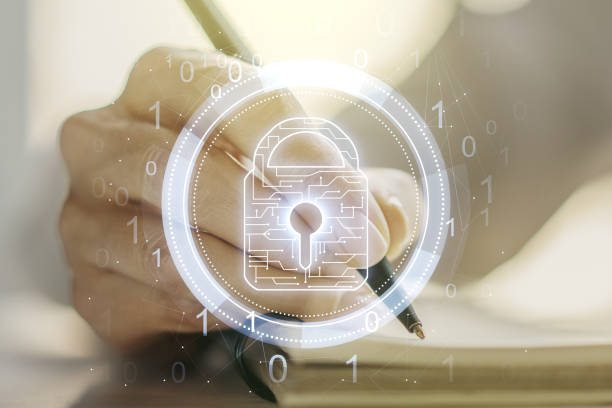These Are The Steps To Regain Control Of Your Account If It Has Been Compromised Or Hacked.
What are some signs that my online account has been compromised?
It is critical to act quickly when hackers strike. You must determine if one or more of your online accounts have been compromised to act swiftly. These are some quick tips that will help you determine if someone has gained access.
- You may have posted something you didn’t make on your social media page, or someone has sent you direct messages you have yet to write. These posts can encourage friends to click on a link or download an app.
- A family member, friend, or colleague informs you that they have received emails from your email account that you never sent.
- Data breach, malware infection, or a lost/stolen device caused the loss of your information. If your data has been compromised, companies must inform you.
IF YOU BELIEVE ONE OR MORE OF YOUR ACCOUNTS HAVE BEEN COMPROMISED, TAKE THESE STEPS:
- Notify your contacts that spam messages may come from your email address or account. Notify your references that they should not open the news or click on links from your account. Inform them about the possibility of malware. As soon as possible, keep them informed. Let them know when everything is resolved and their accounts are safe again.
- You should scan your system for malware if you are concerned that your computer has been infected. Antivirus software scans your computer to detect security problems.
As soon as possible, change your passwords for all compromised accounts. Change your passwords to all other vital reports such as email, banking, social media, and bank. This is particularly important if you have used the same passwords for multiple accounts. You should change all passwords to online accounts if you have been the victim of an account compromise. Passwords should contain long strings of numbers, letters, and symbols, at least eight characters. To help you remember your passwords, you can use phrases (for example: “I love country music !”),”) but it is best to avoid using words. Use a password manager (sometimes included in web browsers and computer operating systems) to store your passwords. These tips will help you protect yourself.
Maintain a clean machine
- All software connected to the internet – personal computers, tablets, and smartphones – must be current. This will reduce the risk of malware and ransomware infection. You can also set your devices to automatically update if you don’t want them to. You can also configure your device to alert you when an update becomes available.
Enable multi-factor authentication
- When possible, use 2-factor authentication and multi-factor authentication (such as biometrics, security key, or a unique one-time code via an app on your smartphone)
Use long, unique passwords.
- Complexity is superior to length. A strong passphrase has at least 12 characters. Concentrate on positive sentences and phrases that are enjoyable to read and easy to remember. Long strings of numbers, letters, and symbols that are not easily recognizable as words are even better. Each account should have a unique, long, and complex password. Do you find this difficult to remember? It is much easier to remember passwords nowadays. To manage it all, use a password manager.
Use password management.
- Your password notebooks should be destroyed. A password manager app is the best way to manage unique passwords. Password manager software is designed to help you manage your online credentials, such as usernames and passwords. They are stored in an encrypted, safe database. These programs can also generate new passwords if needed. These programs are free and can be integrated into web browsers or computer operating systems.
Before you click, think about
- Cybercriminals have the easiest ways to gain sensitive information. This includes links and attachments in emails, tweets, texts, posts, social-media messages, online advertising, and tweets. Don’t click on links or download anything from someone you don’t know. Before you click on any link, message, post, or text, take four seconds to review it.
Report Phishing
- Report phishing emails to your IT manager immediately if you are at work and they reach your email address. If the email arrives at your home, don’t click any links, even the unsubscribe link. Do not reply to the email. You can delete the email. You can also block the sending address from your email program to protect yourself further.
Secure WiFi
- The security of public wireless networks and hotspots could be better. This means anyone can see what you do on your smartphone or laptop while you are connected. You should limit what you do over public WiFi and not log in to financial or email accounts. Consider using a virtual private network (VPN) and a personal/mobile hotspot if you require a secure connection.
Could you support it?
- Make an electronic backup of your digital data and store it securely to protect your music, photos, and other valuable information. You can restore your data from a backup if you have a copy and your device is attacked by ransomware or other cyber threats. Backups can be made on the cloud, external hard drives, or other backup devices. As a guide, use the 3-2-1 rule to back up your data. Keep at least three (3) copies and two (2) backup copies of your data on different media. One (1) document should be kept offsite.

